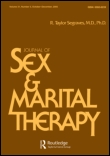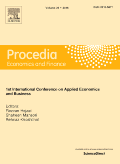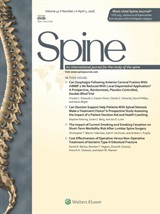 The authors of a study about spinal fusion surgery have retracted it after realizing the cohort study was described as a prospective, randomized trial.
The authors of a study about spinal fusion surgery have retracted it after realizing the cohort study was described as a prospective, randomized trial.
The last author told us he believed the incorrect wording was added to the paper — and the title — by accident. Even though he said the journal Spine suggested correcting it, the authors chose to retract the paper entirely.
The abstract of the study describes the design as a:
Prospective, randomized, controlled trial.
But according to the retraction notice for “Prospective, randomized, controlled trial of silicate-substituted calcium phosphate versus rhBMP-2 in a minimally invasive transforaminal lumbar interbody fusion,” the abstract was not accurate:
Continue reading Authors retract surgery study that claimed to be randomized but wasn’t
 Note: We are reprinting below an article
Note: We are reprinting below an article 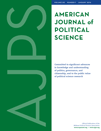

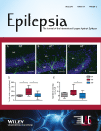

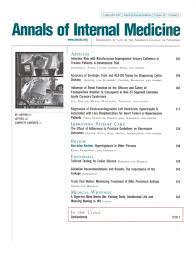 A major medical journal has updated its instructions to authors,
A major medical journal has updated its instructions to authors, 